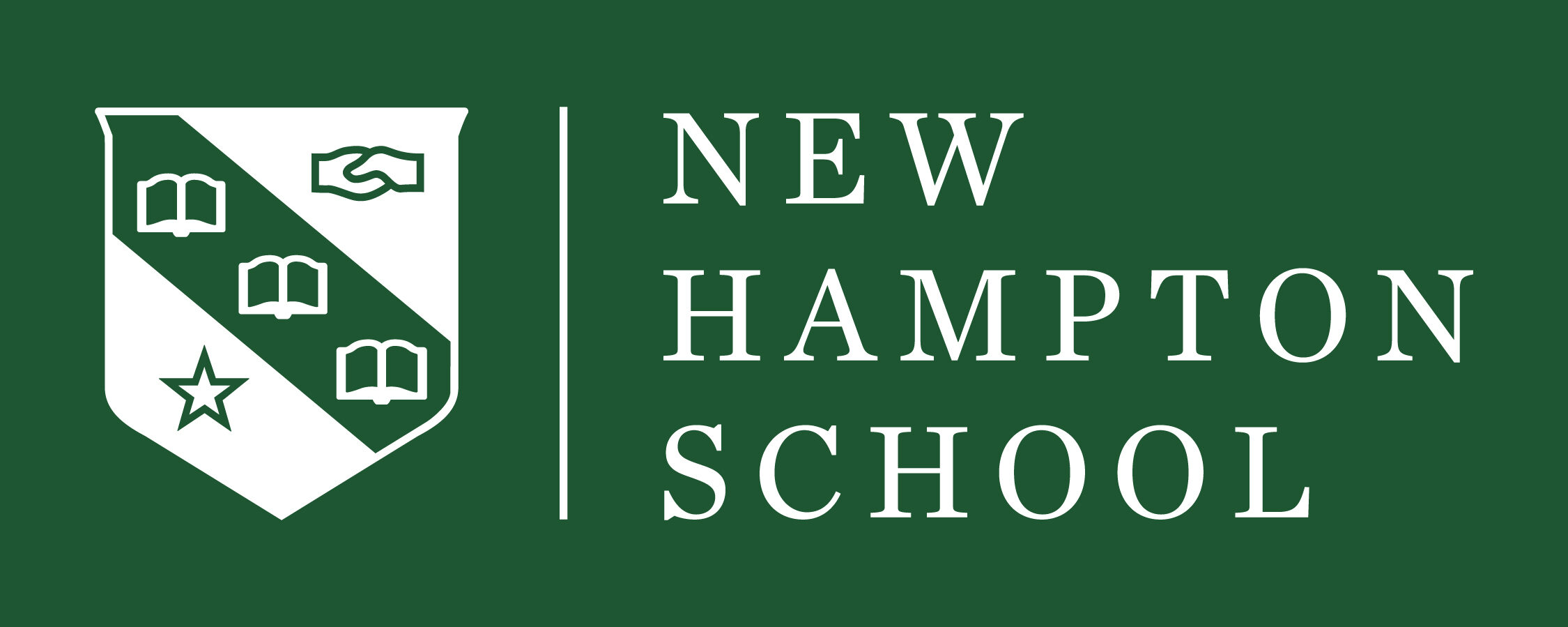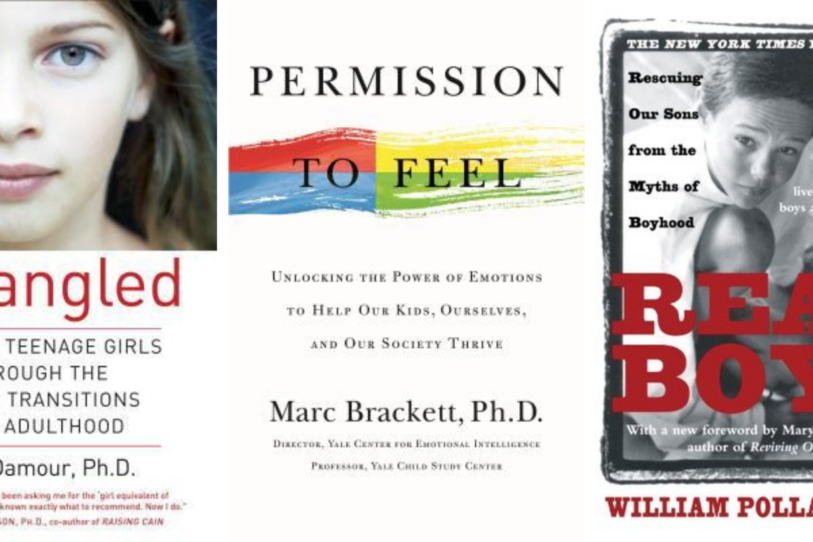As part of our school-wide health and wellness curriculum, our advisory program has focused this past month on mental health awareness with programming organized and led by New Hampton School Director of Counseling Nicole Siciliano. Advisory groups continue to meet and participate in conversations surrounding mental illness including depression and anxiety, how to support someone affected by mental illness, the destigmatization of seeking help for mental illness, and suicide prevention. While these are heavy subjects, we know that talking openly and productively about these topics is important not only for those in need of support but for those who may be able to provide the support.
Ms. Siciliano has put together a list of books that may be helpful for adults who have adolescent family members. She also posts more health and wellness resources and information on her Padlet page.
Mental Health Book Recommendations
Below is a sampling of the current books on the Padlet resource page. Please visit the resource page for more details, updates, and descriptions.
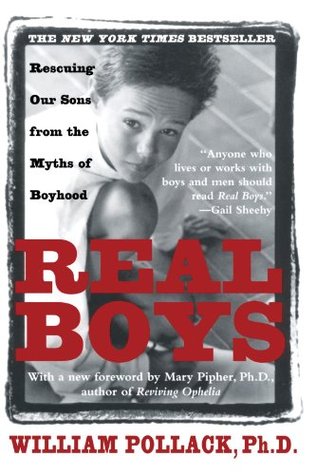
Real Boys, William Pollack
Real Boys explores why many boys are sad, lonely, and confused although they may appear tough, cheerful, and confident. Pollack challenges conventional expectations about manhood and masculinity that encourage parents to treat boys as little men, raising them through a toughening process that drives their true emotions underground. Only when we understand what boys are really like, says Pollack, can we help them develop more self-confidence and the emotional savvy they need to deal with issues such as depression, love and sexuality, drugs and alcohol, divorce, and violence.
Odd Girl Out: The Hidden Culture of Aggression in Girls, Rachel Simmons
Enough As She Is, Rachel Simmons
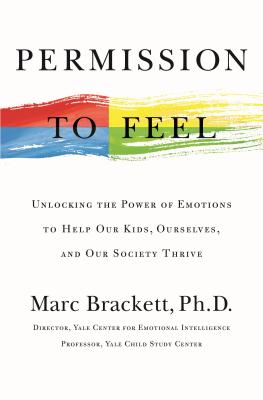
Permission to Feel, Marc Brackett
Marc Brackett is a professor in Yale University’s Child Study Center and founding director of the Yale Center for Emotional Intelligence. In his 25 years as an emotion scientist, he has developed a remarkably effective plan to improve the lives of children and adults – a blueprint for understanding our emotions and using them wisely so that they help, rather than hinder, our success and well-being. The core of his approach is a legacy from his childhood, from an astute uncle who gave him permission to feel. He was the first adult who managed to see Marc, listen to him, and recognize the suffering, bullying, and abuse he’d endured. And that was the beginning of Marc’s awareness that what he was going through was temporary. He wasn’t alone, he wasn’t stuck on a timeline, and he wasn’t “wrong” to feel scared, isolated, and angry. Now, best of all, he could do something about it.
Anxious Kids, Anxious Parents, Lynn Lyons and Reid Wilson
Trauma Doesn’t Stop at the School Door, Karen Goss
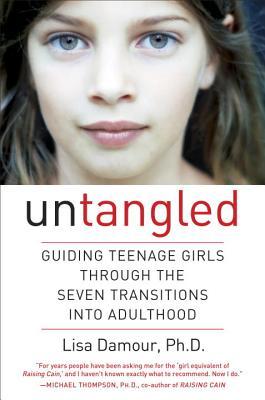
Untangled, Lisa Damour
In this sane, highly engaging, and informed guide for parents of daughters, Dr. Damour draws on decades of experience and the latest research to reveal the seven distinct—and absolutely normal—developmental transitions that turn girls into grown-ups, including Parting with Childhood, Contending with Adult Authority, Entering the Romantic World, and Caring for Herself. Providing realistic scenarios and welcome advice on how to engage daughters in smart, constructive ways, Untangled gives parents a broad framework for understanding their daughters while addressing their most common questions
Packaging Boyhood, Sharon Lamb and Lyn Mikel Brown and Mark Tappann
Packaging Girlhood, Sharon Lamb and Lyn Mikel Brown
The Anti-Anxiety Notebook, Therapy Notebooks
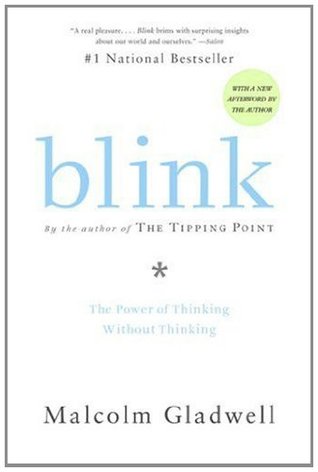
Blink: The Power of Thinking Without Thinking, Malcolm Gladwell
Blink is a book about how we think without thinking, about choices that seem to be made in an instant – in the blink of an eye – that actually aren’t as simple as they seem. Why are some people brilliant decision makers, while others are consistently inept? Why do some people follow their instincts and win, while others end up stumbling into error? How do our brains really work – in the office, in the classroom, in the kitchen, and in the bedroom? And why are the best decisions often those that are impossible to explain to others?
I Don’t Want To Talk About It, Terrence Real
The Power of Vulnerability, Brené Brown
Raising Cain: Protecting the Emotional Life of Boys, Dan Kindlon, Michael Thompson
